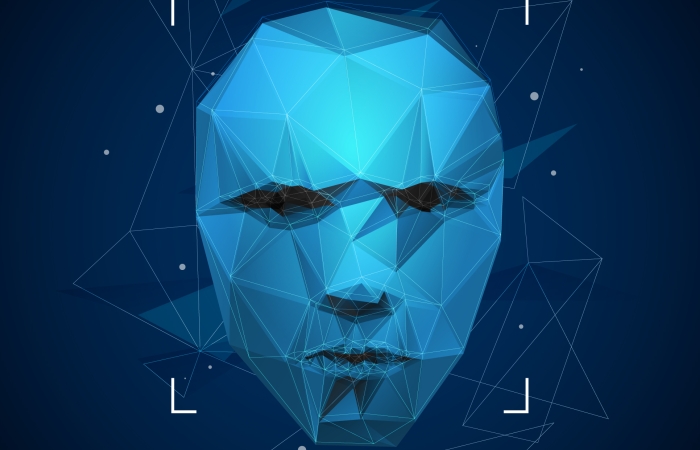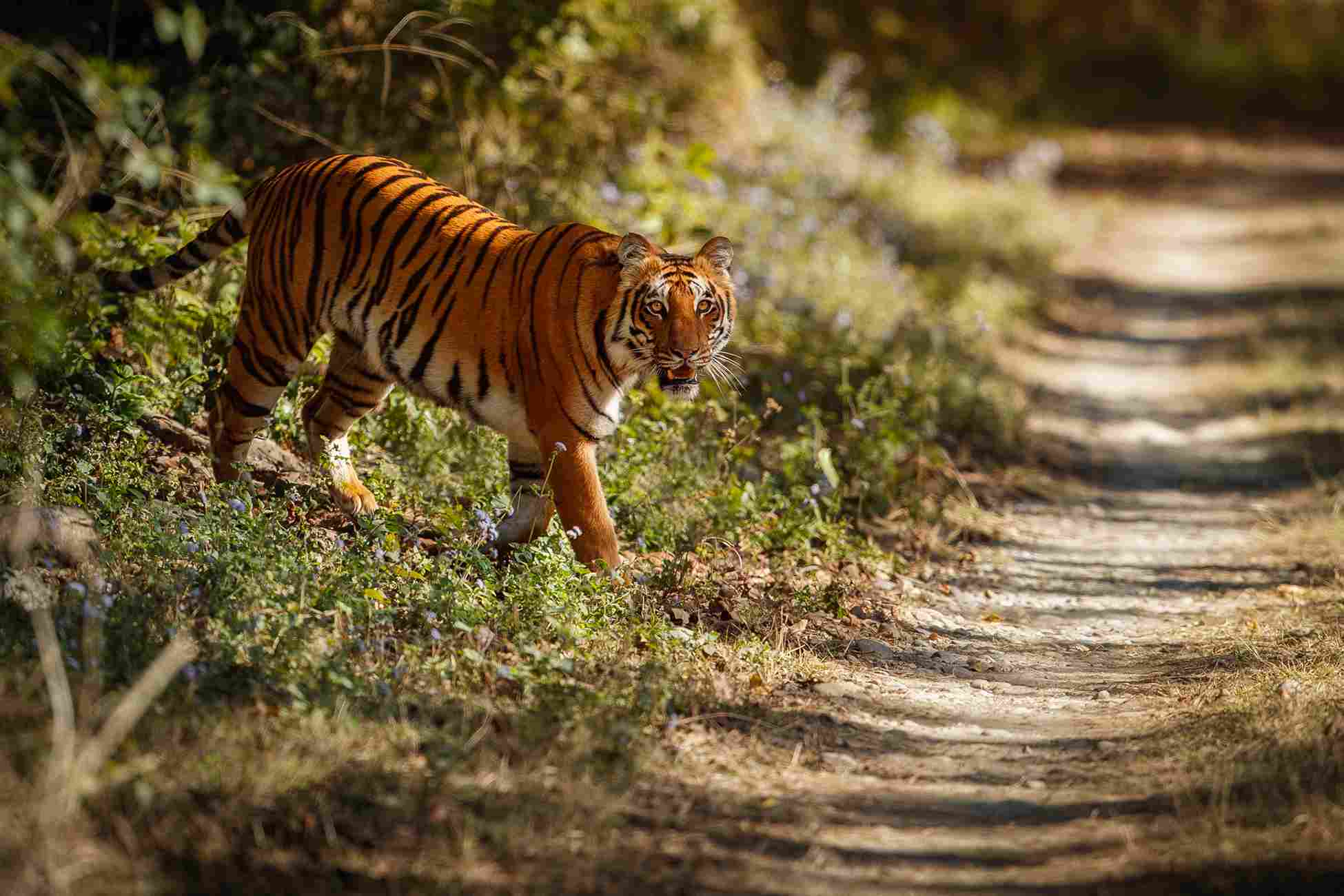Evident from the recent advent in smart, automated systems, technology will have a key role to play in the restart of tourism across countries, and we already see some green shoots with the digitalisation of tourism services. Here are seven technologies that offer hope to our industry.
Hazel Jain
3D scanning
The hassle of removing laptops and liquids at airport security is set to end at London Heathrow thanks to the implementation of futuristic 3D bag-scanning technology. The airport has invested in next-gen bag scanning tech that will allow passengers to pass through security without the tiresome exercise of removing liquids and laptops from hand luggage. Heathrow has invested in £50 million of state-of-the-art CT scanners from engineering experts Smiths Detection, which uses 3D images and advanced explosives detection. The first machines are expected to be installed later this year. Amsterdam’s Schiphol will follow suit.
Airline distribution
In response to IATA’s NDC standards, India-based Verteil is disrupting the multi-billion-dollar airline distribution industryby allowing airlines to distribute its content directly to travel agencies through its airline distribution and retailing platform. Using Verteil’s universal API, travel companies can directly plug into reservation systems of the airlines and pull rich content of products, offers and extra services which were hitherto not available in the legacy platforms.
Vaccination status
The UK’s National Health System App now displays people’s vaccination status for access to foreign countries and large-scale events.The app now displays vaccination status as well as medical records that were previously only available on request from GPs. It is expected that this information will be supplemented by COVID test results. Not only can the app be used as a ‘vaccine passport’for cross-border travel, but for accessing mass events that require proof of COVID status.
Facial recognition
Advances in biometric authentication suggest that facial recognition tech could be used in lieu of a vaccine passport for entry to venues or for international travel.Technology firms,iProov and Mvine, with government funding are developing software to allow customers to be scanned when they enter venues and have their coronavirus data checked.Eurostar has announced it would be trialling facial recognition technology in order for passengers to travel between the UK and Europe without a passport.
Carbon footprint
Now that sustainable tourism has been gathering huge momentum the world over, there is much focus on calculating one’s carbon footprint while travelling. A new AI-powered app called Aerial measures the carbon footprint of flights, taxi and train journeys so travellers can pay for offsets. A new iOS app, launched in mid-October, allows users to calculate their net carbon footprint at the touch of a button.The app links to Gmail and scours past emails for flight reservations, rideshare receipts, and train tickets to estimate carbon emissions, in kg, per trip.
Live-streaming experiences
After nearly a year of social distancing, the world is now used to all things virtual, and Amazon Explore is riding the wave. It offers an interactive live-streaming service where customers can book live, virtual experiences led by local experts all over the world. These experiences may be focused on DIY skills, virtual tours, creative arts or boutique shopping.
Smart tourism
Spanish telecommunications company Telefónica is promoting smart tourism based on digitalisation and the incorporation of innovative technologies. This includes a simultaneous translation solution for more than 80 languages, providing 5G coverage for events or large congresses where network capacity is guaranteed, and recreating historical scenes in iconic places.
 TravTalk India Online Magazine
TravTalk India Online Magazine





